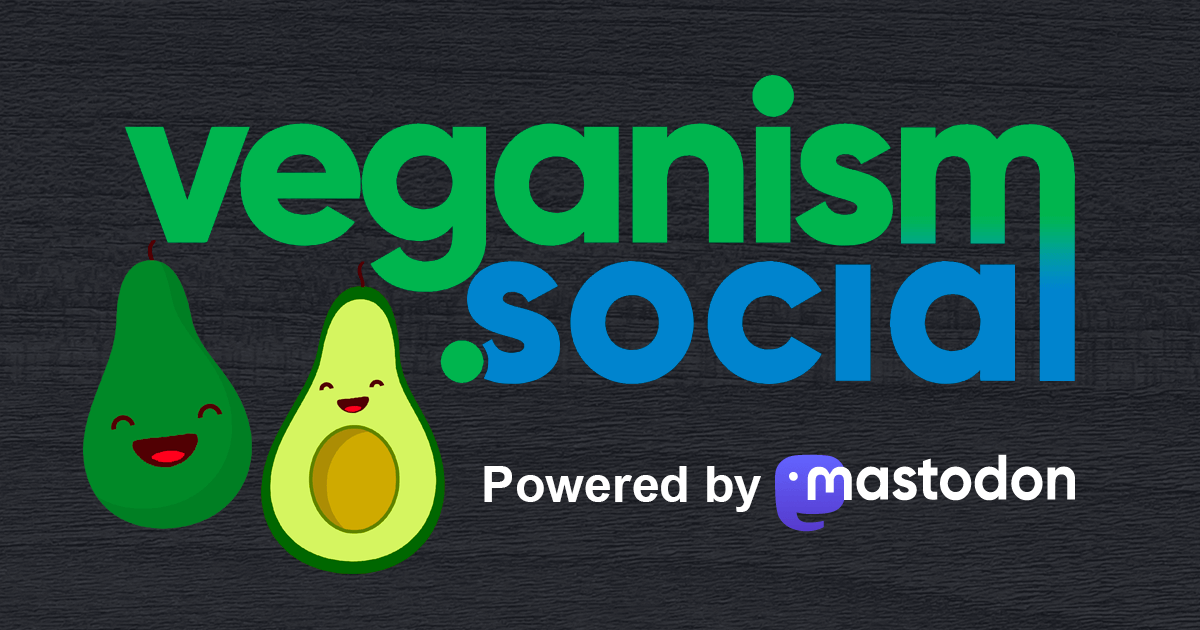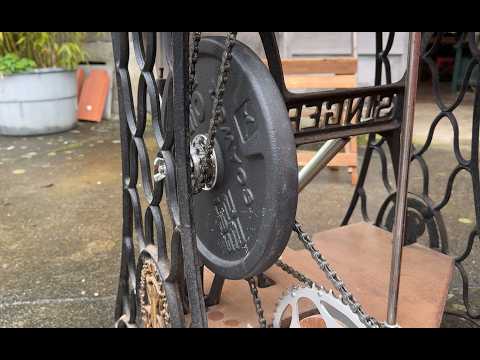Un peu de low tech
#circular
exoplanet files: info kiosk
#Futuristic #Exoplanet #Kiosk #Snowy #Forest #Digital #Orb #Blue #Glowing #Tech #Alien #Nature #Trees #Mountains #Sci-fi #Circular #Monitor #White #Black #Cold #Mysterious
#Img2img #AiArt #AiArtists #AiArtCommunity #StableDiffusion
One brief note: when David says the "new way" is to use Python virtual environments, that's extremely relative. It has been best practice (and the only way to save your sanity because of dependency hell in any nontrivial project) in the Python community for, I dunno, 20 years? But Python's been around for >30, so it is the "new" way. Long before the `virtualenv` tool I was accomplishing the same thing with symlink trees to isolate interpreters.
There are lots of opinions on where you should keep your venvs, i.e. what the path to them should be. I personally like putting them in the project directory, typically `<project>/.venv`, but others like to stash them away someplace, like in ~/.local/share. Project tools that handle virtualenv management (e.g. poetry, uv, etc) will generally give you a way to control where they create the venvs.
#circular : in the form of, or bounded by, a circle
- French: circulaire
- German: kreisförmig, rund
- Italian: circolare
- Portuguese: circular
- Spanish: circular
------------
Fill in missing translations @ https://wordofthehour.org/r/translations
Kreislaufwirtschaft ist mehr als Recycling!
#isabellastewartgardnermuseum #museum #boston #art #nativityscene #whyisjosephsoold #circle #circular #painting #renaissance
How old – and sometimes even "broken" – FP2 parts can still power microcomputers https://www.fairphone.com/en/2024/11/28/the-fairphone-2-is-reborn-as-a-circular-microcomputer/
Hello #Design people, I need your help! There is a lot of writing about the #regenerative #design which is all very positive, and I wonder if anyone is aware of any critique of it. After many years going from #sustainable, #systemic, #circular and probably many others I long forgot, I am very skeptical when the design crowds all jump on the next [insert buzzword] design bandwagon.
If you are aware of any writing questioning regenerative design (no climate denials), link it below!
Many innovations are radical on their own. By not offering fully livable alternatives to the status quo, innovative work remains piecemeal.
It’s time to coordinate our abilities. #MakeinPlace proposes a global challenge to explore how #sustainable practices could support each other in #regenerative #circular systems. The Make in Place #Design Challenge seeks resources and incentives to #support participants.
Random question for the knitting community. I've recently bought some circular needles. In the past, they have been in plastic sleeves, this time they are in cardboard. I appreciate the fact they aren't in plastic, however, it occurs to me that they are going to be more difficult to store when I've finished with them.
Any helpful suggestions? #Knitting #Circular
An issue with #universalbasicincome #UniversalLivingIncome is that the assets available to buy with any income are not #sustainable. Most housing, utilities, #foodsystems rely on #fossilfuels and contribute to #habitat loss. #UBI is a stop-gap solution, not a final destination.
I want universal, comprehensive, #regenerative assets created through #circular #systems.
#RegenerativeAssets
#postscarcity
#degrowth
#systemchangenotclimatechange
#climatecrisis
#MakeinPlace
#Mehrweg, ähnlich wie die https://www.memo.de/memo-box aber faltbar!
Soll wohl 42% #CO2 sparen. Hier würde mich die detailierte LifeCycleAnalyse #LCA interessieren, inklusive #scope3, Wasserverbrauch und toxicity ("Konsistenz"), zB von von Frauenhofer oder UBA/Blauer-Engel.
Ich schätze Kartonrecycling kostet mehr Wasser, bei dem Plastik ist wahrscheinlich mehr Chemie nötig. Auch wenn evtl Recyklat verwendet werden kann, so kommt man wahrscheinlich nicht drum rum, dass trotzdem stetig frisches Erdöl benötigt wird. Somit kommt man hier nicht ganz ohne dreckige Ölfirmen aus...
Bestimmt bekommt man das System auch effizienter hin. Also, dass wie bei Mehrweg-Glasflaschen diese nicht zum Ursprungsort zurückgebracht werden muss, sondern zu einem näheren Verteilzentrum, wo Firmen ihr Mehrweg davon beziehen.
Vielleicht können Ideen, wie diese hier auch helfen: https://repacket.de/
Gesehen auf https://plus.rtl.de/video-tv/shows/die-hoehle-der-loewen-409242/2023-10-982434/episode-8-u-a-mit-handyspiel-zeedz-938642 (mittlwerweile wieder hinter der Paywall -.-)
#pixel_dailies #circular#pixelart #space
feedback welcome

